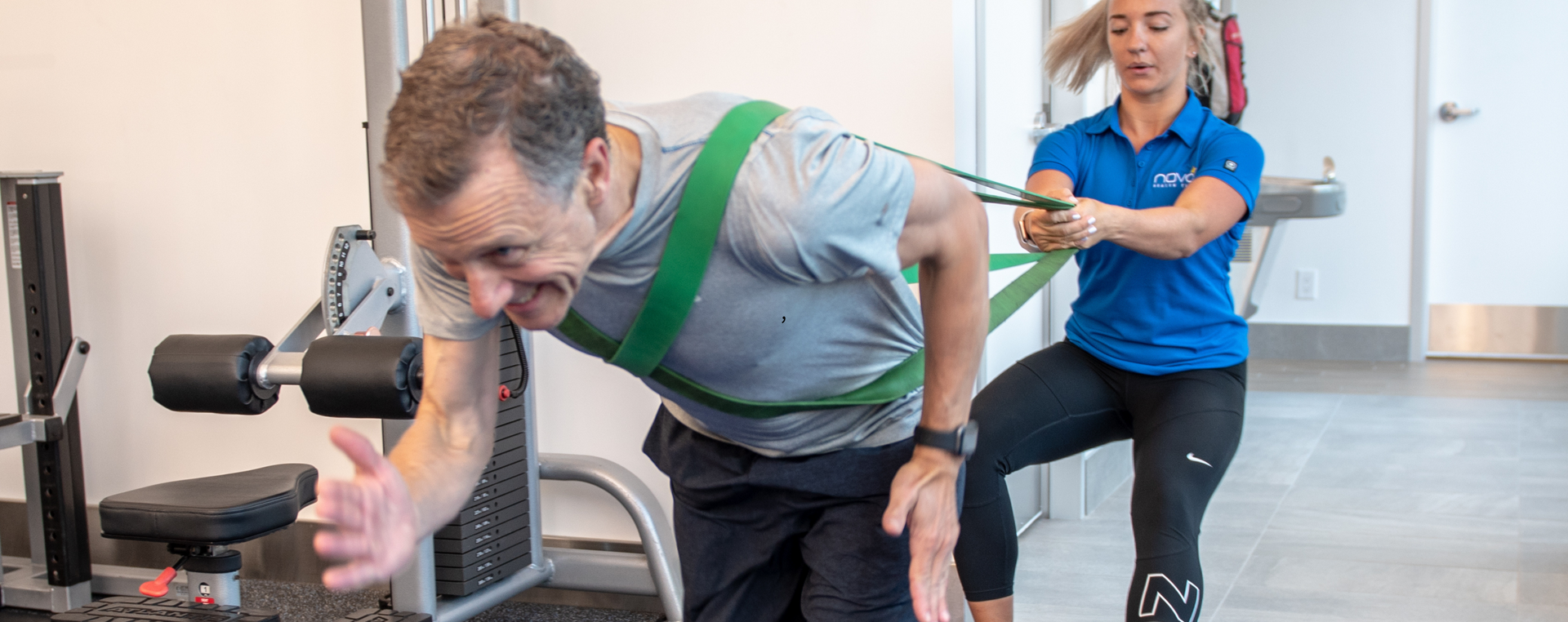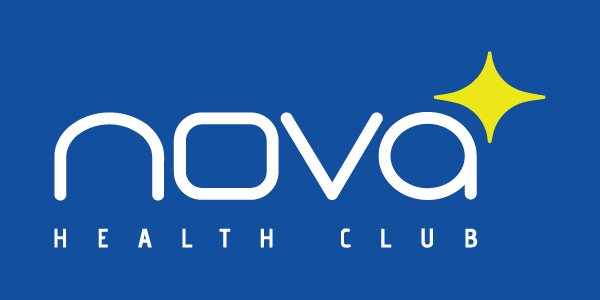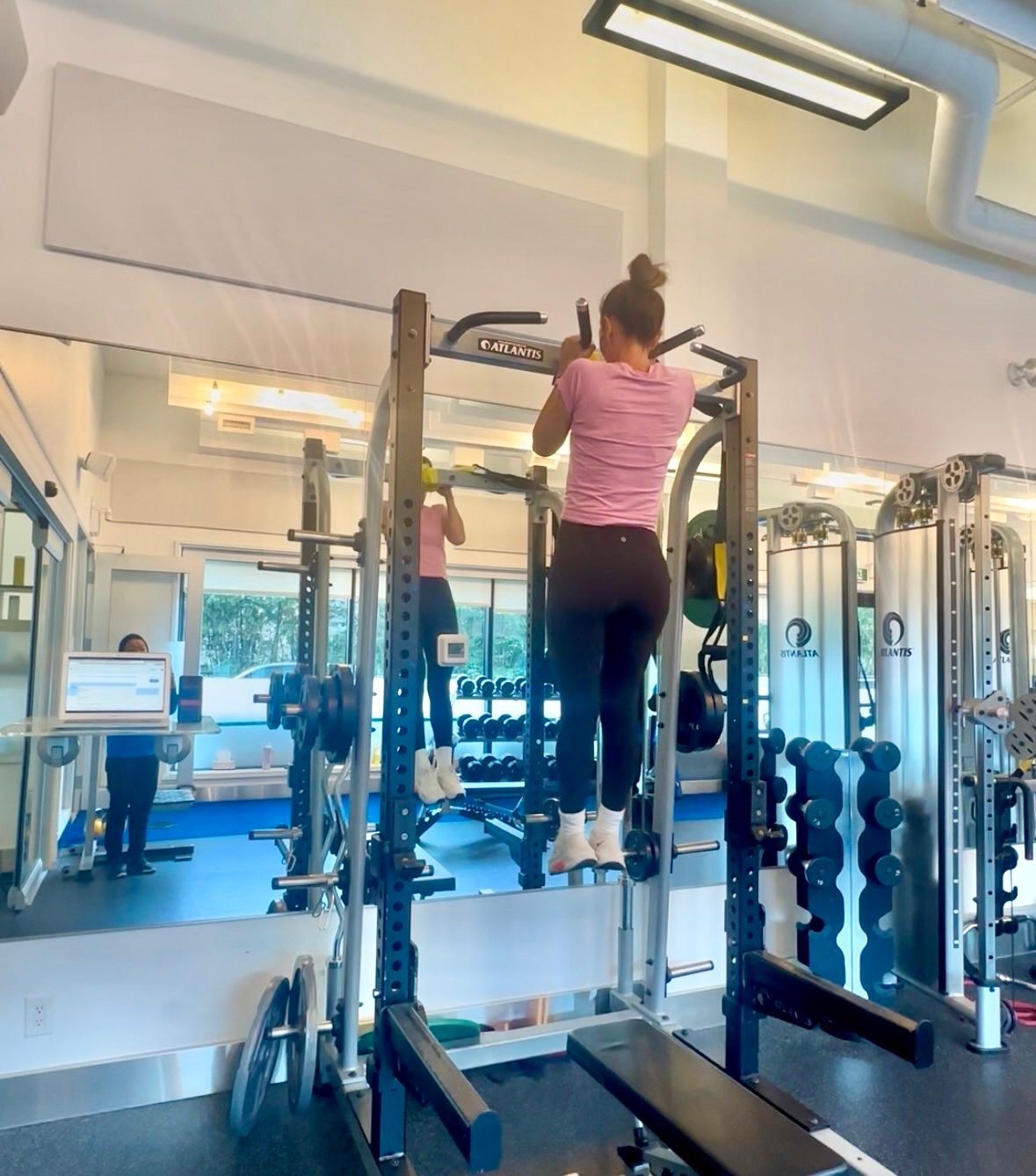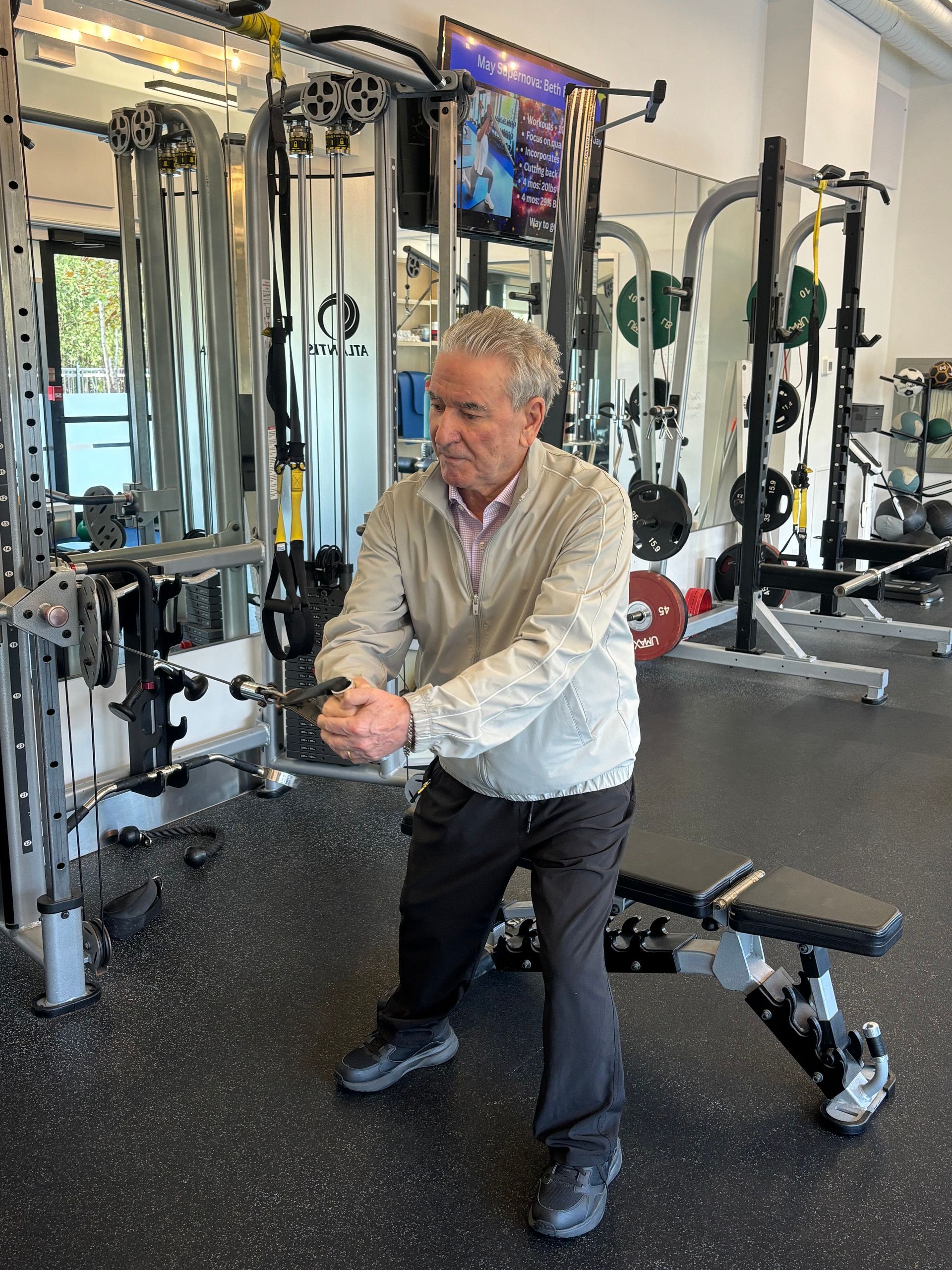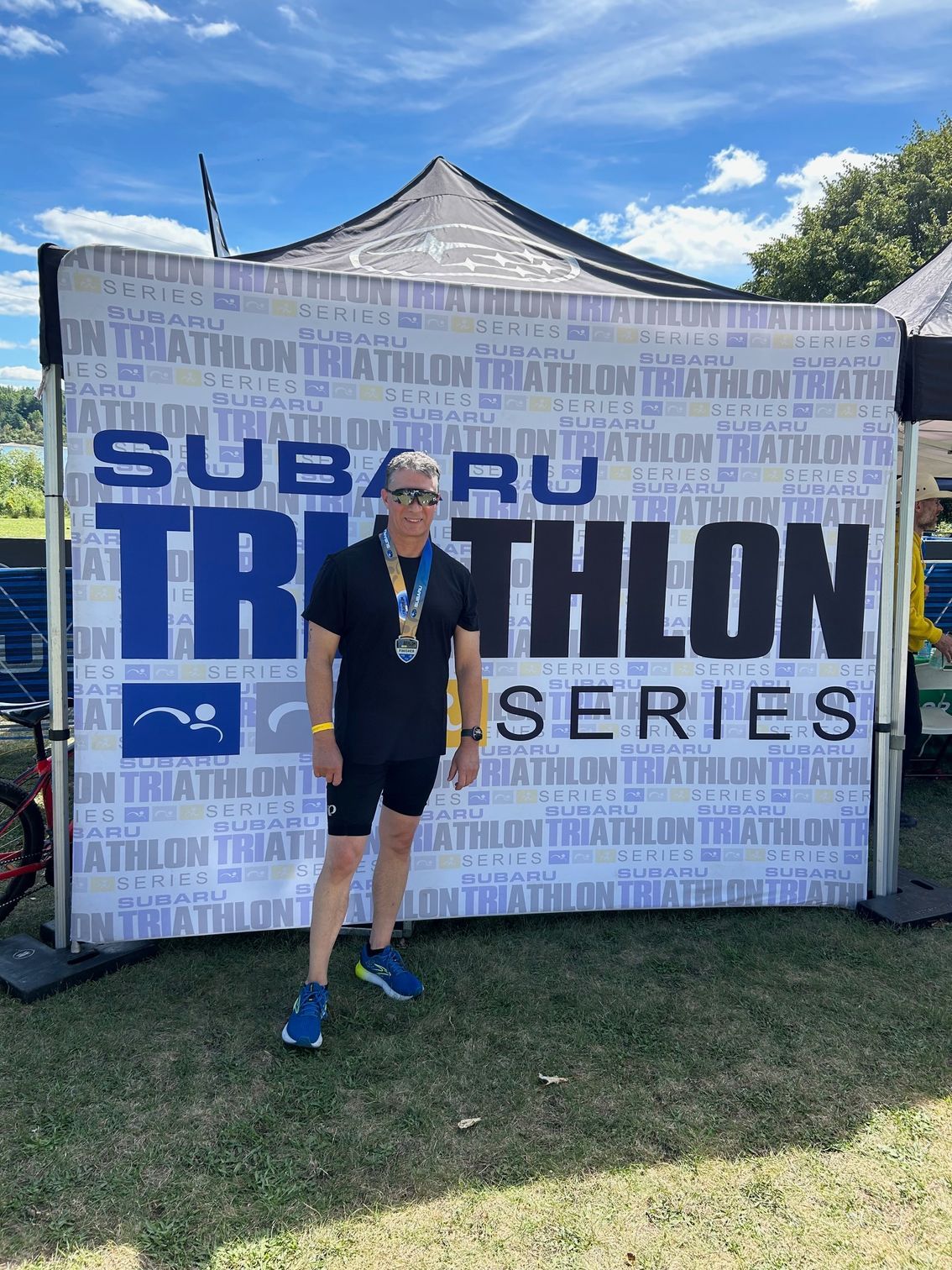The Benefits of Monitoring Your Heart Rate When You Exercise
Hard Work vs Smart Work
There are those who say hard work is the only way to succeed and then there are those who say smarter work is the key to success.
When it comes to exercise, a smart workout is one that brings results and which is tailored to your body. A hard workout, on the other hand, is not necessarily a smart workout and may even be holding you back from your goals. A smart workout takes into account many things, one of these things being workout intensity. Many of us believe the old sayings like “work hard get rewarded” or “no pain no gain” but this is old school thinking. The new school approach is working out smarter which wastes less time and gets you closer to your goals. That means, knowing when to raise the intensity and volume of a workout to make it harder and when to bring the intensity down.
Measuring Workout Intensity
Heart rate monitoring is one of the most simple ways to measure, objectively in real time, the intensity of your workout. Exercise raises heart rate and a heart rate monitor measures in beats per minute how fast the heart is beating blood to the working muscles. Without measuring your heart rate you are relying on your subjective or perceived intensity. While subjective measuring is very important, for many this can lead to workouts that are either too low or too high of an intensity. A smart workout program will train the different heart rate zones by having workouts that are high intensity and workouts that are low intensity.
Understanding Heart Rate Zones
By working out in your different heart rate zones, you activate different energy systems that are aerobic, anaerobic or a mix of both. A well-balanced workout program should have you training in the different zones to maximize your fitness and ultimately the results you want. As a team of personal training coaches, we often see those who train without a heart rate monitor stay in one zone and wonder why they don’t get results. This is because they let their subjective rating guide the intensity of their workout program. Staying in one zone all the time hinders results whether your default zone is an easy heart rate zone or a challenging one.
If you are unaware of heart rate zones or train without a heart rate monitor, chances are you are one of the below three types of people.
1) The Strictly Aerobic Zone Athlete
Usually beginners or people who have never really pushed themselves in a workout tend to stay in the aerobic zone. They are not used to the discomfort higher zone training brings and are not educated to know the importance of it and how to do it safely. This is you if you do lots of low-intensity cardio like walking or jogging and never increase the intensity. Unfortunately, it is easy to see exercise results plateau when you stay in a low intensity training zone. If this is you, try to shorten your exercise and add in some higher intensity. It could be running or strength training instead of always walking.
2) The Mid-Zone Athlete
This profile is typically seen amongst people who are very busy with short time windows to exercise in. They tend to find 20-30 minute windows to exercise at a medium pace, just enough to get the heart rate up and develop some sweat. This person sometimes likes to increase the intensity as they get closer to their finish line/time. But for the most part, they also stay in the same zone for all their training sessions and again see a plateau in results.
3) The High Zone Athlete
These people have a ‘no pain no gain’ mentality and push themselves at every workout. They believe that more and harder is the way. While increasing the intensity of each workout is important to get results, not lowering it at the right time can prevent recovery, and increase the risk of injury. This is because high-intensity training should be done strategically and should not be incorporated into every workout week after week. These athletes while increasing the chances of injury or burnout also tend to have a poor aerobic base which serves as a foundation to build cardiovascular strength on top of. If you are this type of person, try adding lower intensity recovery workouts into your program such as hiking or slow and steady cycling.
Optimizing Training Intensity
While there are many benefits to the above types of training, the point I want to make is about understanding how to balance training in different heart rate zones as a way to optimize how your body performs. Your body was designed for both aerobic and anaerobic energy production (low and high heart rate zones) and by training in different heart rate zones you not only improve training results but also make exercise more fun by exploring the variety that comes with different training intensities.
Most heart rate monitors these days come with apps that tell you what zone you are in. Our bodies were built to use different energy systems, be in different heart rate zones and to move at different intensities. Utilizing a heart rate monitor and balancing your weekly workout routine to combine high and low intensity is smart training. Your body will feel better and you will get to your results faster in probably less time.
Sample Week Utilizing Low & High Intensity Training:
Monday: Walk & Stretch (Zone 1)
Tuesday: High Intensity Leg Strength Training (Zone 4-5)
Wednesday: Low to Medium Intensity Cycle (Zone 2)
Thursday: High Intensity Arm Strength Training (Zone 2-3)
Friday: Low intensity Yoga (Zone 1-2)
Saturday: Hike with Hills (Zone 2-3)
Sunday: Easy Run (Zone 2)
Start Tracking Your Heart Rate Today!
To learn more about your heart rate zones and get your own Bluetooth heart rate monitor email us at Info@NovaHealthClub.com


